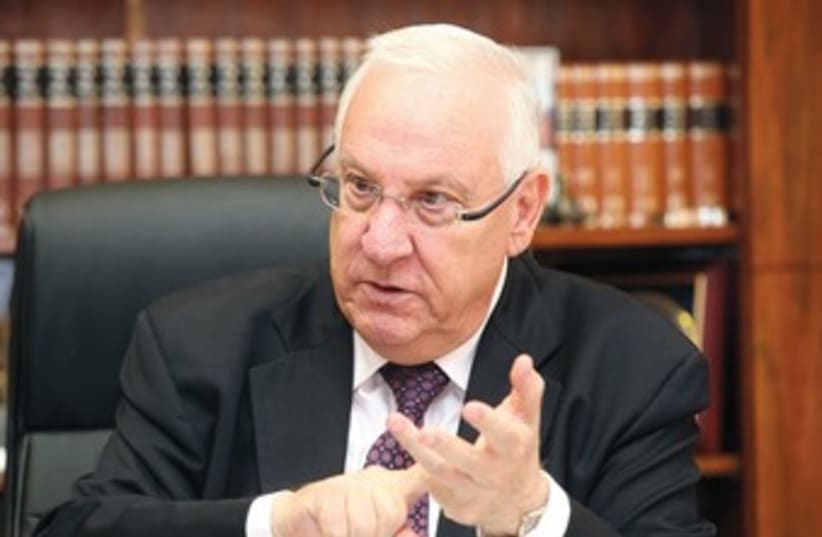Think about it: Why the presidency should not be abolished
The president of the state need not be directly involved in the deliberations, but he or she must believe this function to be important enough to warrant serious effort and investment of time.
